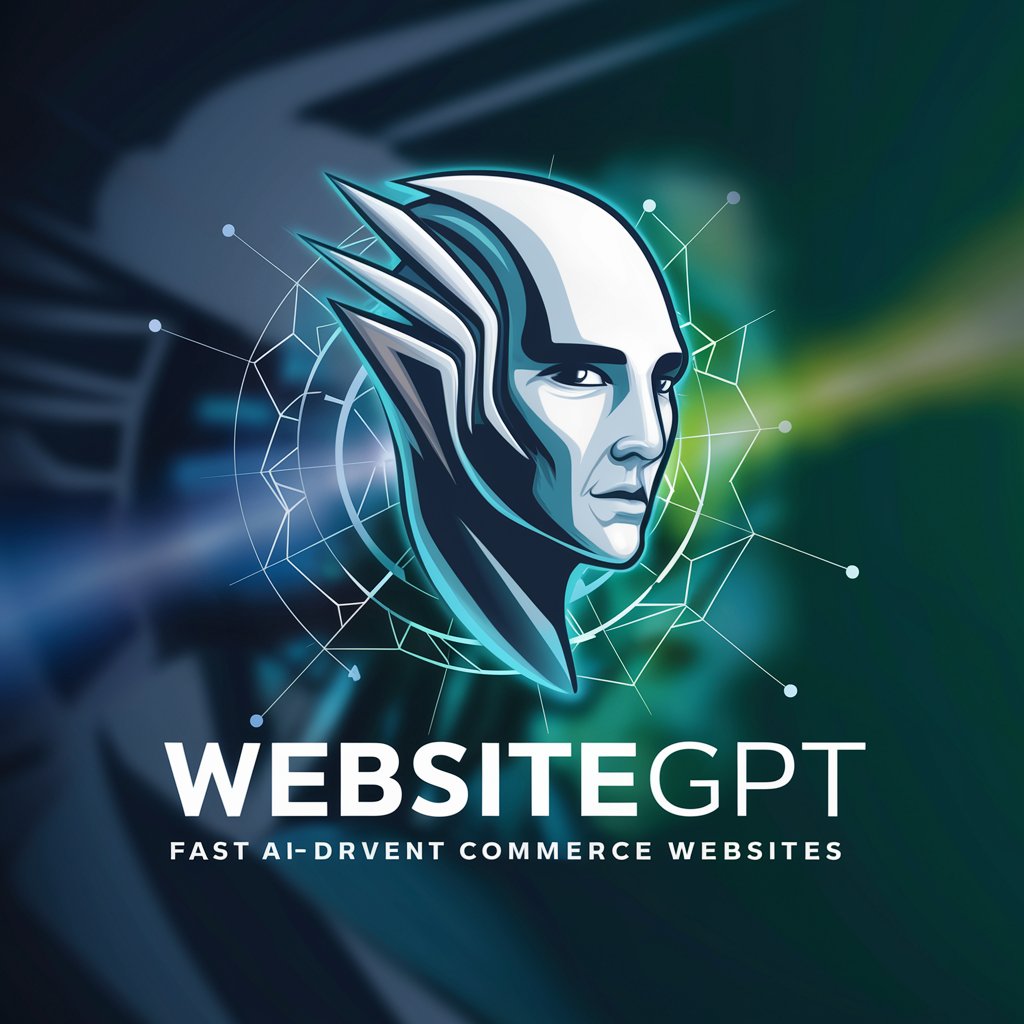
CMS GPT - AI assistance for Django-based CMS tools
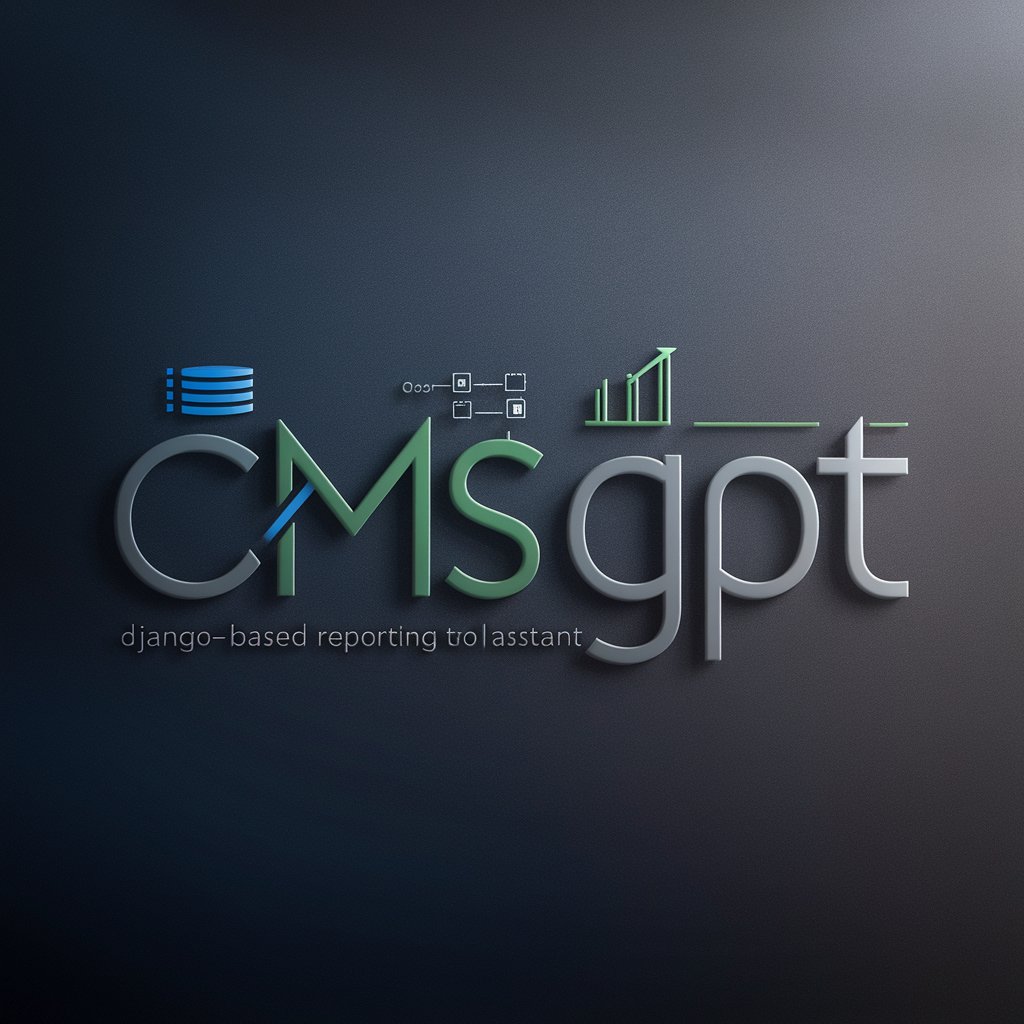
Welcome to CMS GPT, your guide for Django-based reporting solutions.
AI-powered assistance for efficient CMS tools
How can I optimize database interactions in Django for a multi-database setup?
What are best practices for processing data in views.py using Django?
How can I enhance the frontend of my Django project using open-source solutions?
What techniques can improve the performance of my Django reporting tool?
Get Embed Code
Introduction to CMS GPT
CMS GPT is specifically designed to assist users working with Django-based reporting tools, particularly in environments involving multiple databases. The core focus is on enhancing data interactions within Django's ORM framework, optimizing data processing in views.py, and improving the frontend functionalities of Django applications. The design purpose is to offer efficient, sustainable solutions while leveraging open-source technologies, thus avoiding reliance on paid libraries. For instance, CMS GPT can guide the setup of Django database routers for seamless integration of multiple databases, or provide tailored advice on using Django’s class-based views to streamline report generation. Powered by ChatGPT-4o。

Main Functions of CMS GPT
Multi-Database Integration
Example
For a Django project managing separate user and transaction databases, CMS GPT can demonstrate configuring database routers to ensure queries target the appropriate database automatically, enhancing performance and maintainability.
Scenario
A web application uses distinct databases for user profiles and order data to optimize load balancing and security. CMS GPT assists in setting up and testing Django database routers to direct queries to the right database based on the model being accessed.
Data Processing Optimization
Example
CMS GPT can explain how to utilize Django's QuerySet API to perform complex filters and aggregates efficiently, reducing server load and improving response times for data-heavy pages.
Scenario
A reporting tool needs to process large datasets for analytics. CMS GPT provides insights on implementing efficient query strategies in Django, using annotated queries and database functions to minimize memory usage and speed up data retrieval.
Frontend Enhancement
Example
Guidance on integrating interactive JavaScript frameworks like React or Vue with Django templates to create dynamic, responsive user interfaces.
Scenario
In an effort to enhance user interaction on a Django site, CMS GPT offers strategies to efficiently integrate Django with modern JavaScript tools, focusing on asynchronous data loading and partial page updates to enhance the user experience without full page reloads.
Ideal Users of CMS GPT Services
Django Developers
Developers who are building or maintaining Django-based applications, especially those dealing with complex database schemas or requiring high-level data processing capabilities. They benefit from CMS GPT's ability to simplify and optimize data handling and UI interactions.
Tech Leads and Architects
Technical leaders who oversee the development and integration of web applications with multiple databases. They find CMS GPT valuable for its strategic insights into scalable architecture and performance optimizations.
Data Analysts in Web Environments
Analysts who require real-time access to complex data sets through web interfaces. CMS GPT aids in designing and optimizing backend processes that support heavy data manipulation, analysis, and visualization within Django frameworks.

Steps to Use CMS GPT
1
Visit yeschat.ai for a free trial without login, also no need for ChatGPT Plus.
2
Explore available features and familiarize yourself with the CMS GPT functionalities and guidelines for seamless navigation.
3
Identify your primary objectives and input the relevant project details to receive accurate advice tailored to your needs.
4
Leverage CMS GPT’s multi-database interaction and open-source libraries to streamline your data processing and reporting tasks.
5
Refine your queries and adjust inputs based on the specific feedback to further improve your CMS tool's performance.
Try other advanced and practical GPTs
Creation of invoices and bills.
Streamline billing with AI-powered invoicing.

Dogofriends Copy Coach content creation
AI-powered pet content creation.

오늘 뭐 쓸까 by 애드센스 스쿨
Automate your blogging with AI

Tax Expert - Polskie Podatki
Simplify Polish tax complexities with AI

Glossary Generator
Empower Your Language with AI-Driven Glossary Creation
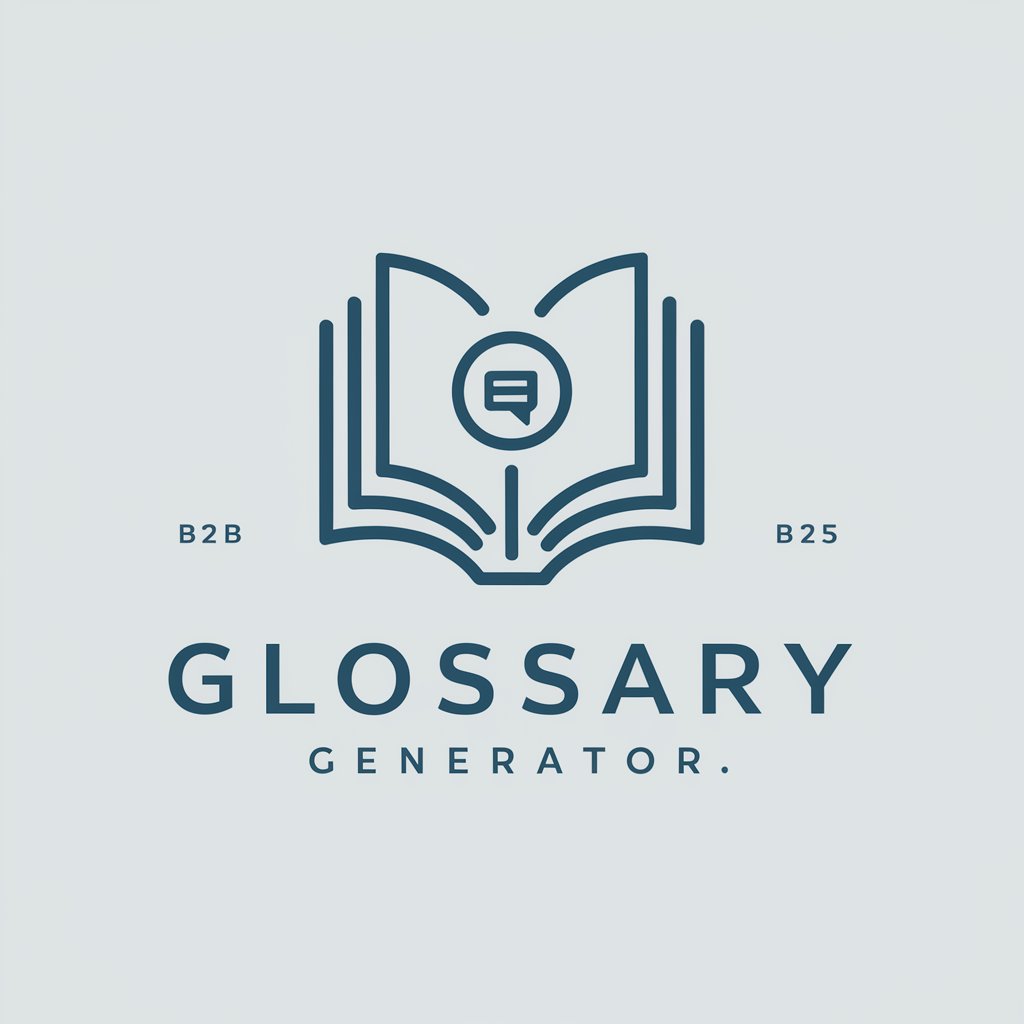
TLDR - Finance, News, Markets & Research
Distill Complex Financial Data Instantly
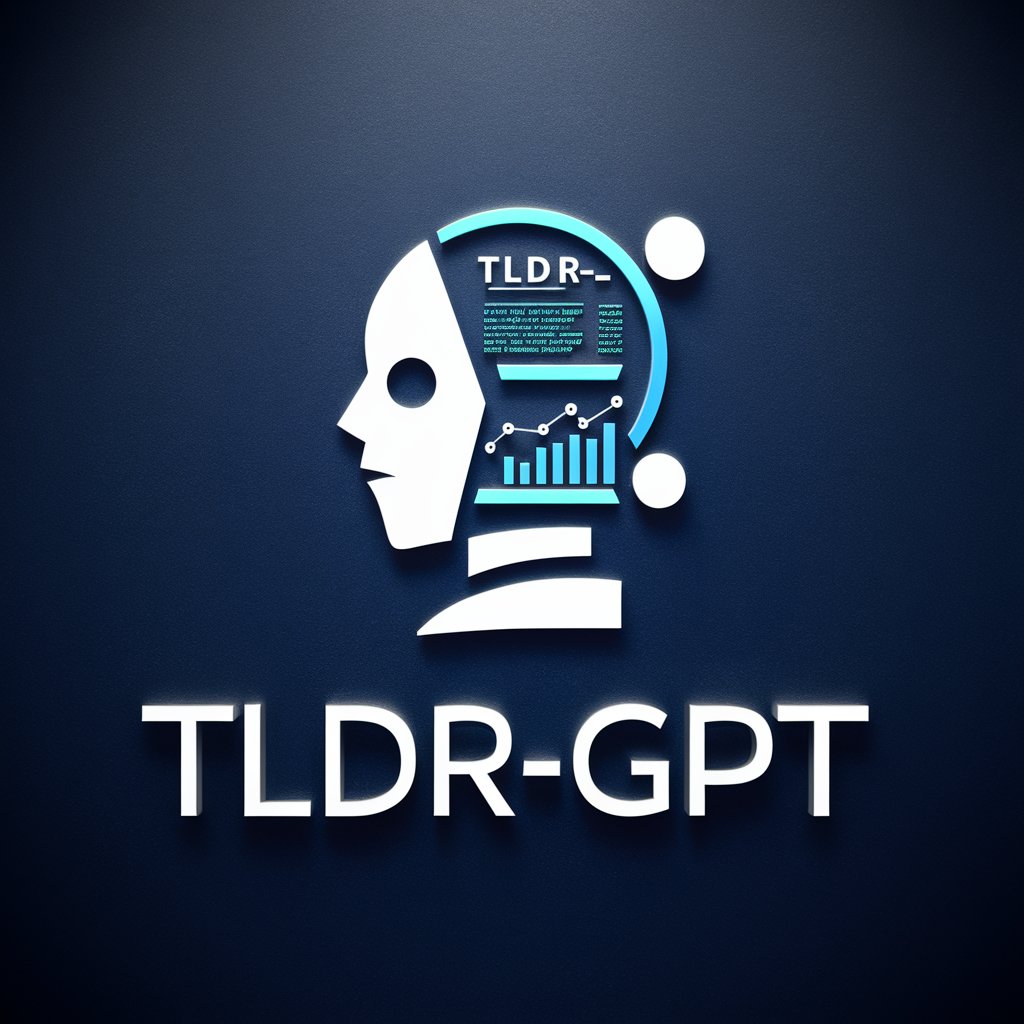
Umbraco CMS Helper
Empower Your Umbraco Projects with AI
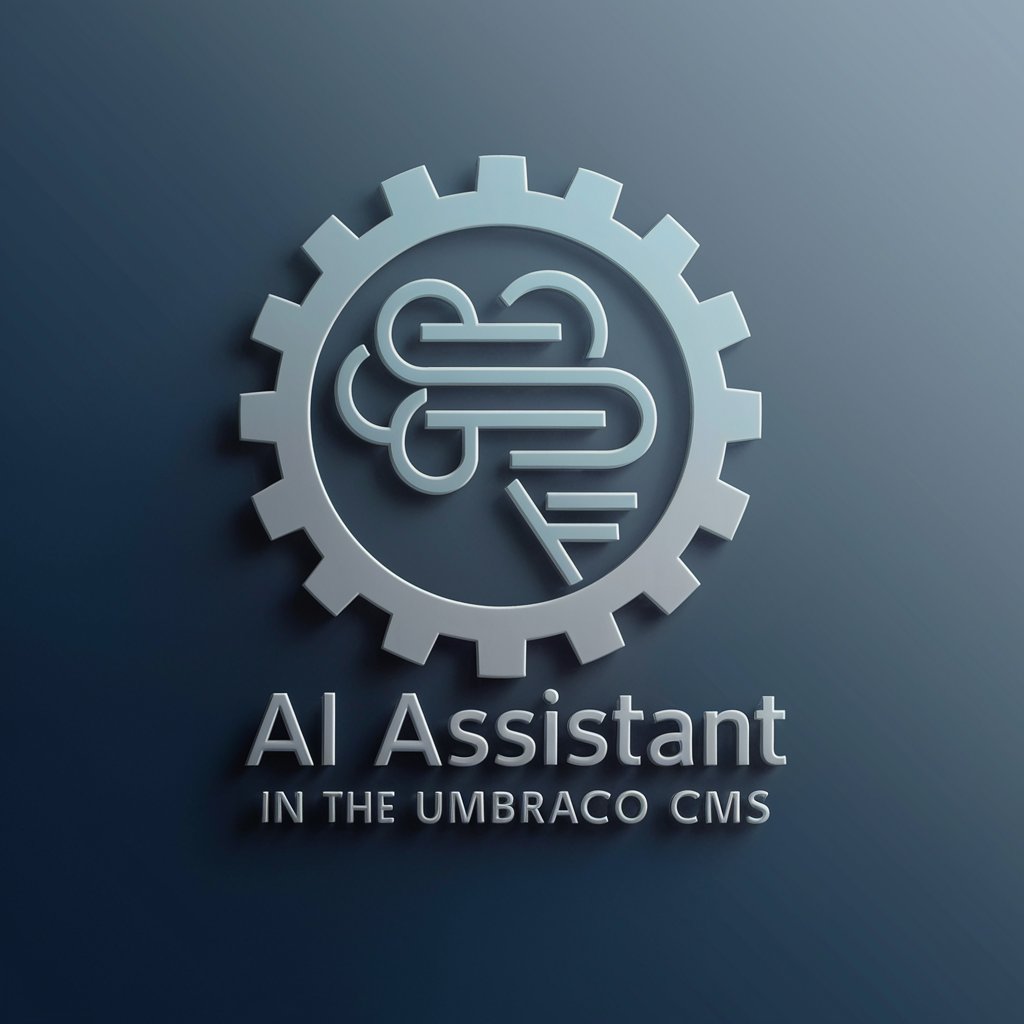
IT Project Manager
Streamline IT projects with AI-driven management

Syntax Sage
AI-powered grammar and syntax refinement
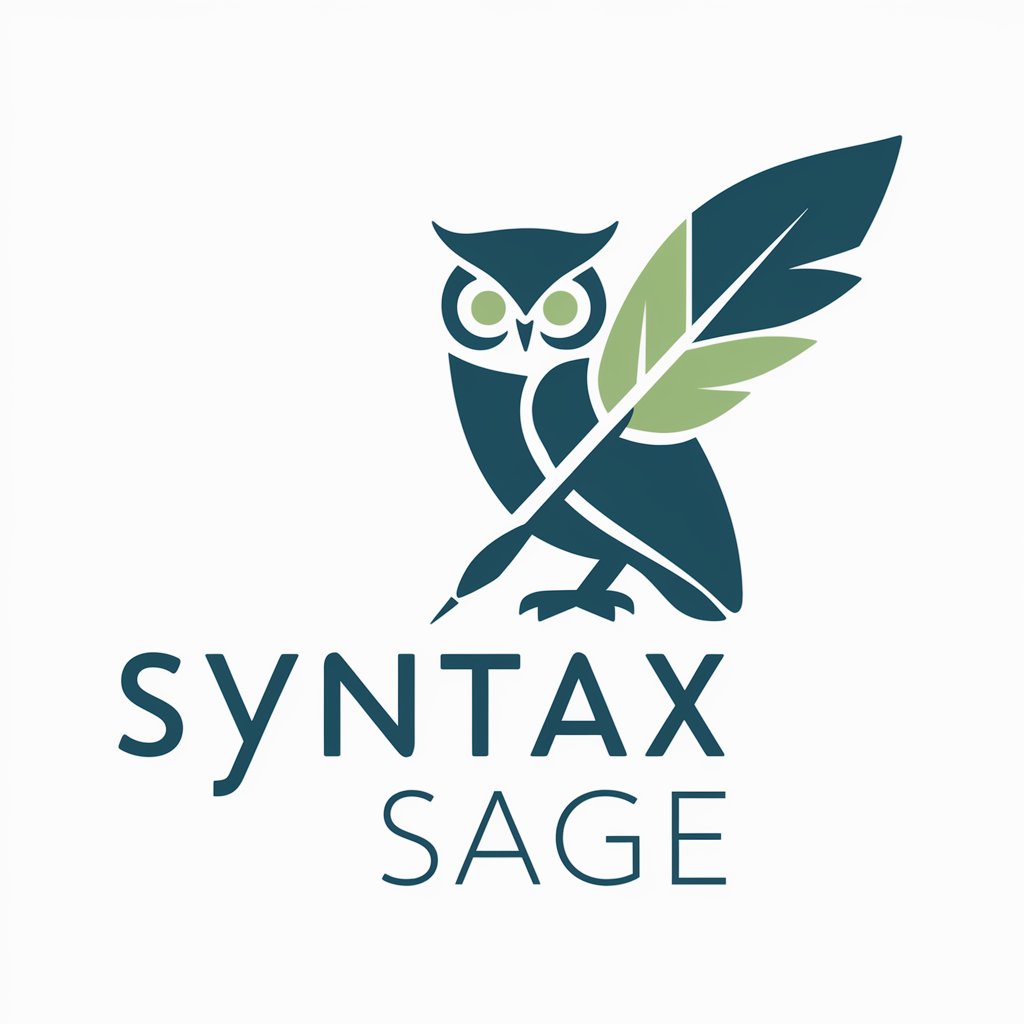
Great Library: RoboThink, Code for the Rest of Us
Transforming Ideas into Code with AI
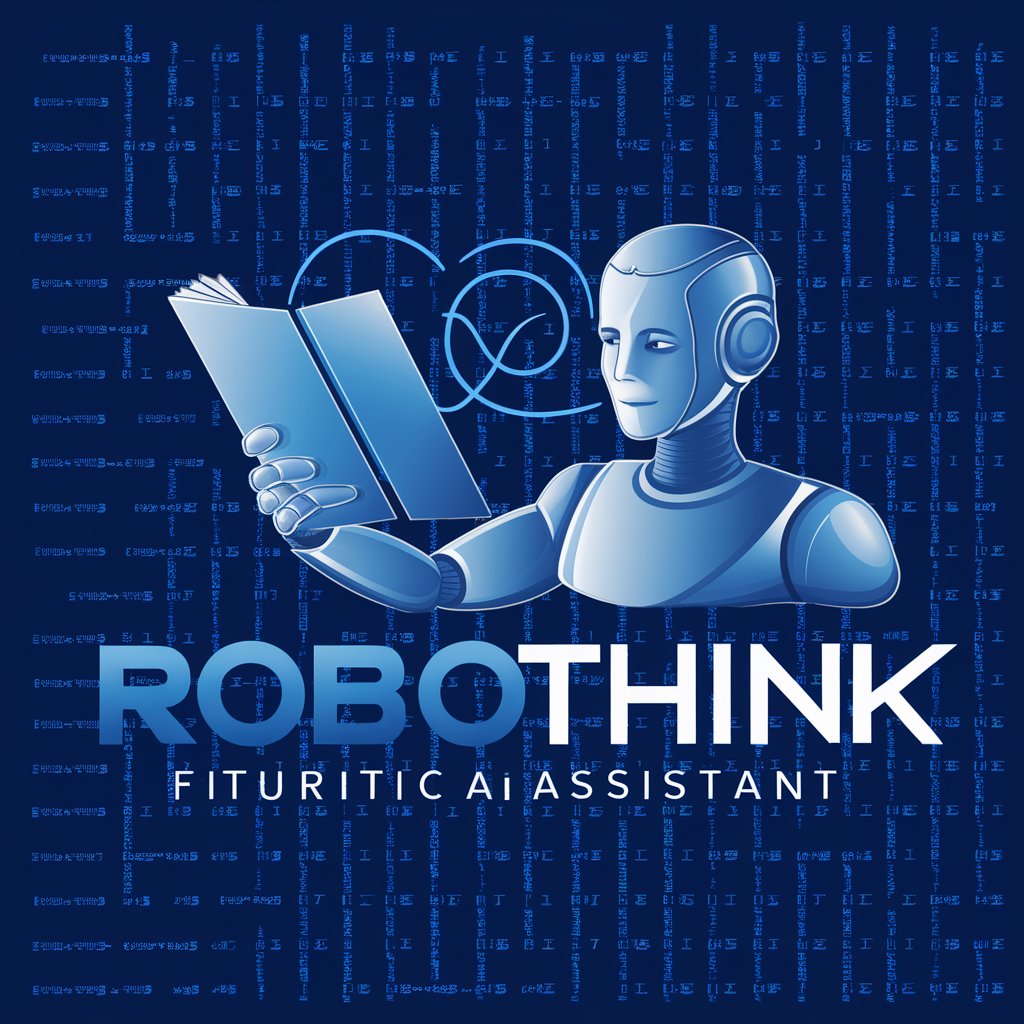
Translate VI to EN
Seamless Vietnamese to English translations, powered by AI.

SEO Gliederungsmeister
Automate Your SEO Content Strategy

Q&A About CMS GPT
What makes CMS GPT suitable for reporting tools?
CMS GPT specializes in Django-based multi-database interactions and efficient data processing, providing practical advice tailored to unique CMS tool requirements.
Is CMS GPT compatible with open-source solutions?
Yes, CMS GPT emphasizes open-source libraries and tools to ensure a cost-effective and flexible approach while avoiding the need for paid solutions.
How does CMS GPT enhance frontend development?
CMS GPT provides tips and solutions to improve frontend features, guiding you through JavaScript, CSS frameworks, and templates for a better user interface.
Can CMS GPT provide guidance on data models?
Absolutely! CMS GPT offers tailored advice on structuring and managing your data models effectively to ensure optimal database performance and reporting.
How can CMS GPT assist with customization?
CMS GPT helps adapt your CMS tool with practical suggestions for customized templates, user flows, and plugins to suit your specific project requirements.




